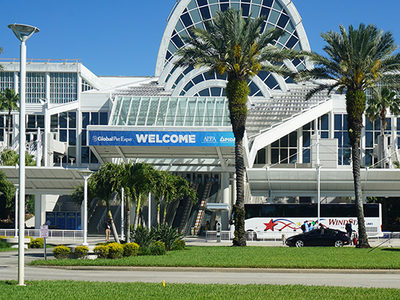CASHMERE, WASH. — Beta Hatch, a sustainable protein producer, opened its new mealworm facility in Cashmere. According to the company, its flagship facility is the largest regenerative mealworm hatchery in North America.
The 50,000-sqaure-foot facility boasts mealworm hatching and growing areas, including production space for animal feed proteins and frass coproducts for use in fertilizer. As well as large production space, the facility also boasts R&D capabilities with a lab, which will be used to explore other ways insects can be used in manufacturing pharmaceuticals and enhancing vaccine production.
Founded in 2015, Beta Hatch strives to create more sustainable proteins using mealworms for use in animal feed, pet food and other products.
“It started with a realization that there was a better way to feed animals naturally — with insect protein,” said Virginia Emery, Ph.D., founder and chief executive officer of Beta Hatch. “In the wild, insects are nature’s bio recyclers, and the base of most food chains. Our platform industrializes that essence and gets calories back into the food system faster by reducing food waste more efficiently than any other technology. With every pound of insect protein we grow, we free up a part of the food supply chain that feeds animals, so it can now be used for human food production.”
According to the company, mealworms use less than 2% of water compared to traditional proteins and can help create a zero-waste system, decreasing the greenhouse gases produced by food production by almost 80%.
Not only does the new facility produce sustainable ingredients, but its operations are sustainable as well. The new facility was previously a vacant juice processing facility. According to Beta Hatch, the Washington facility was purposely chosen in alignment with the company’s sustainability goals. As a renewable energy leader of the United States, Washington’s Clean Energy Fund supported the financing of a heat recapturing system at the Beta Hatch facility. The system captures wasted heat, decreasing the use of electricity.
To feed its mealworms, Beta Hatch’s facility sources feedstock from local food processors to help further reduce the company’s environmental impact.
“Having a positive environmental impact is a top goal for us and has factored into each decision in our site selection and construction,” Emery said. “Our model is scalable, and it also closes open loops in our supply chain. Co-location puts our production close to our inputs and our customers, reducing the impacts of shipping and transportation.”
Find more articles related to pet food and supplier facilities.




